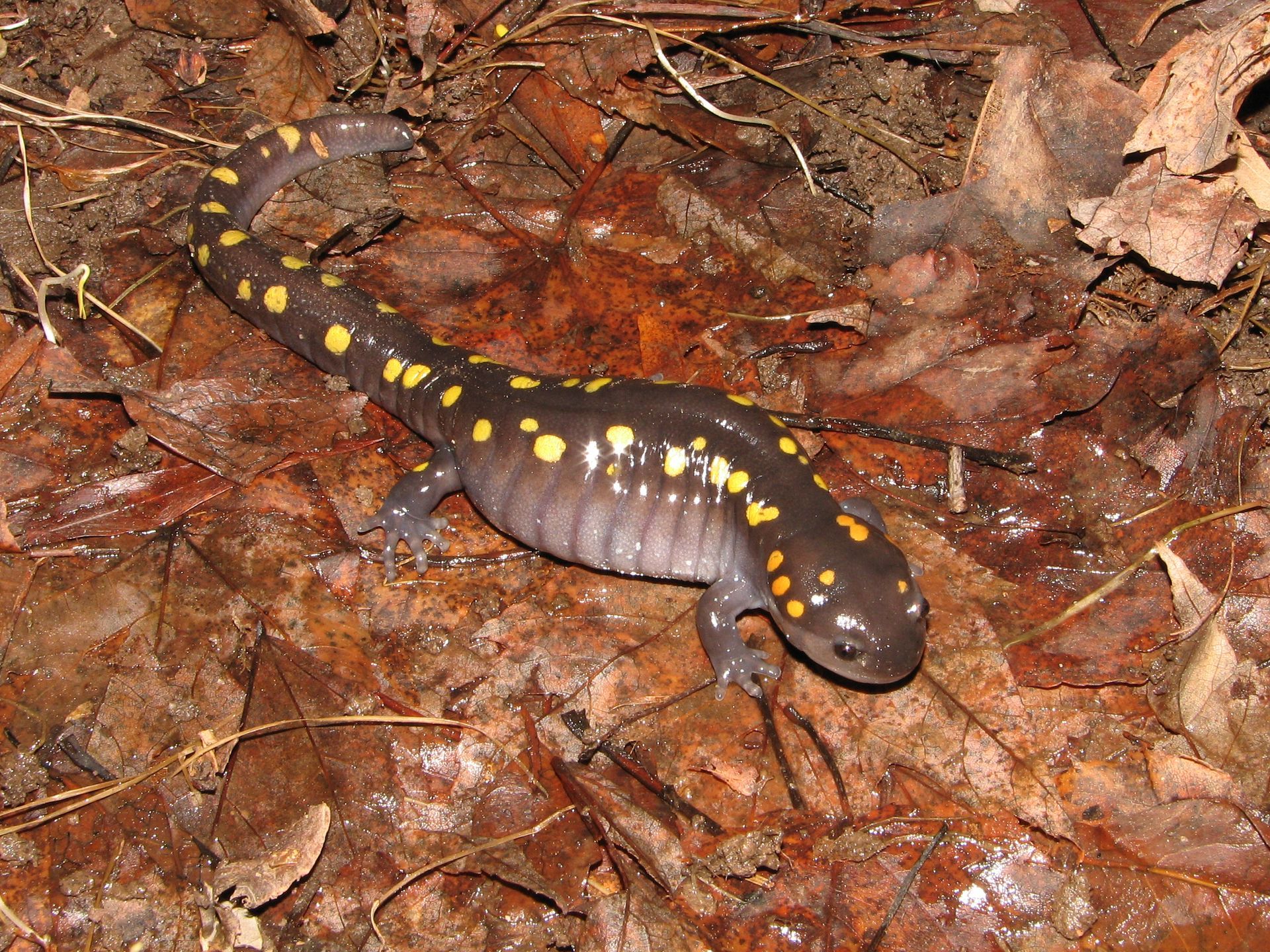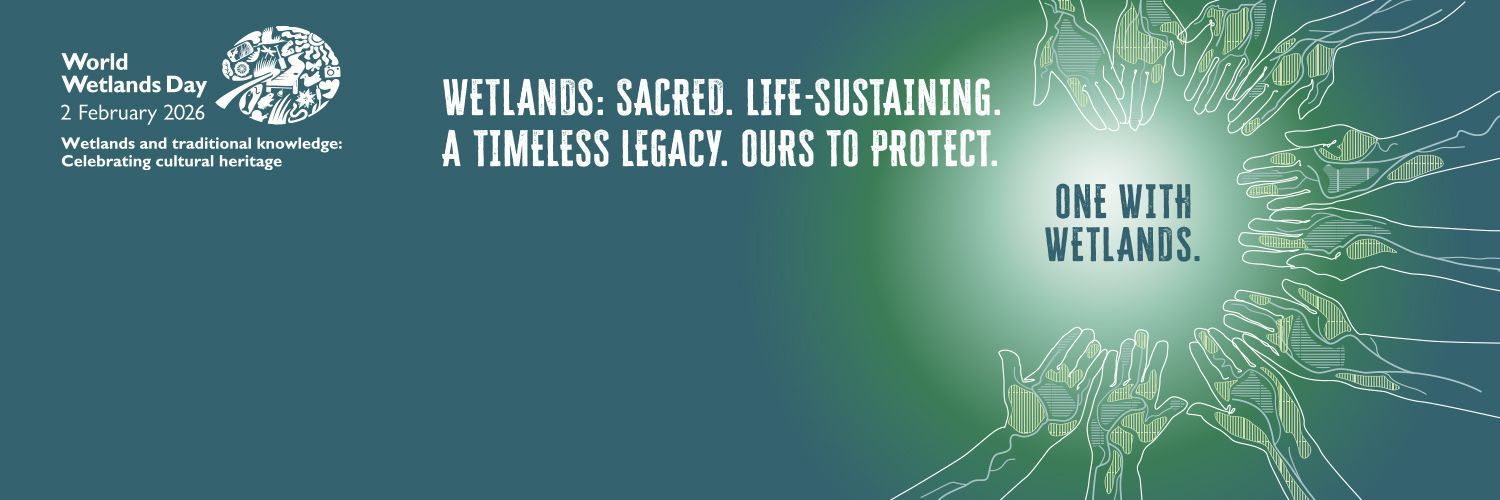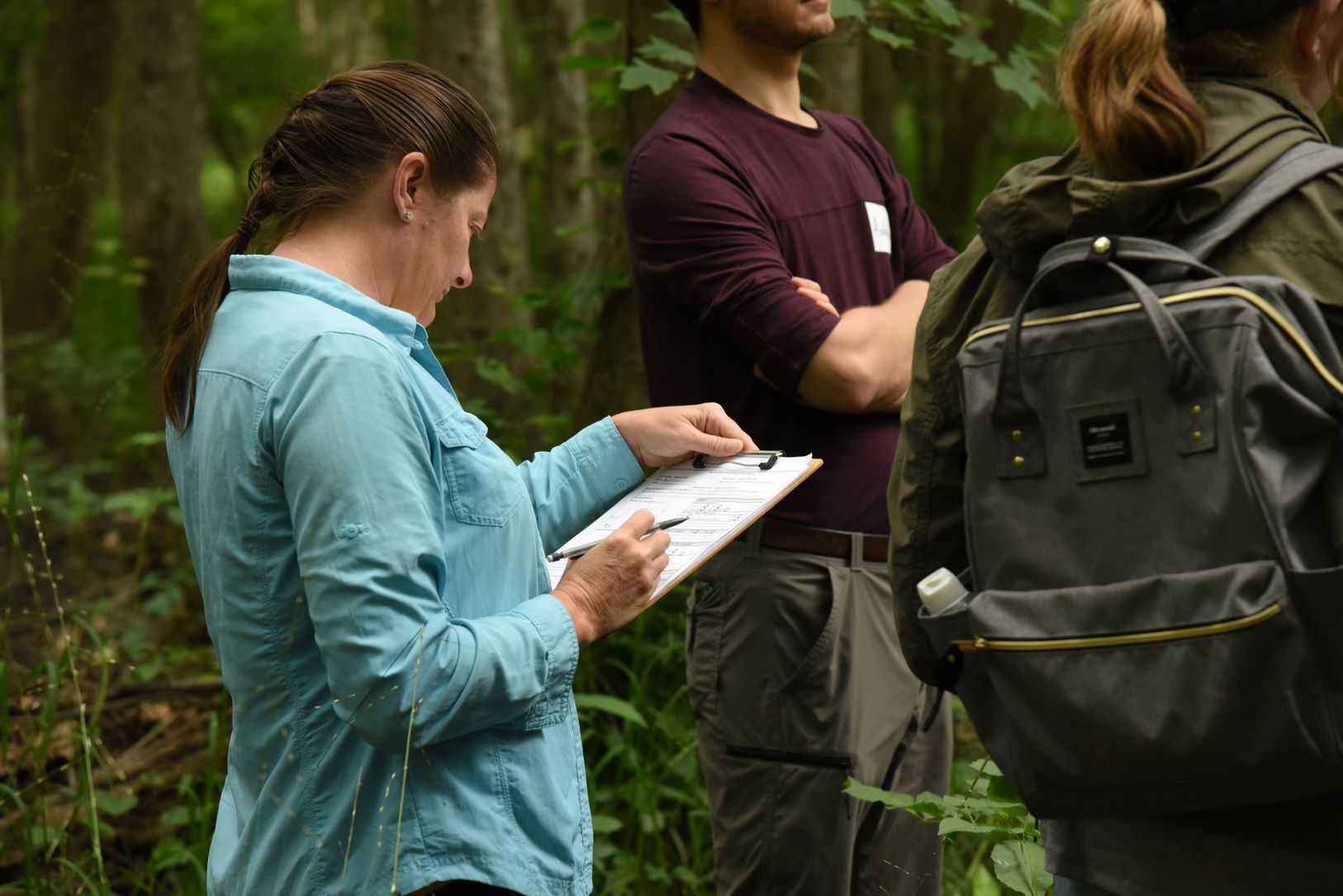Summer Progress Update: Volunteer Wetland Monitoring Program
June monitoring weathered the storms
We’re pleased to share a major milestone in the growth of the Volunteer Wetland Monitoring Program. This summer, we completed the first full monitoring cycle at four new wetland sites across North and South Carolina — bringing our total to seven
active monitoring locations.
These new sites reflect the rich diversity of wetland ecosystems in our region:
- A rare mountain bog at Kanuga in Hendersonville, NC
- An urban wetland at Riverbanks Zoo and Garden in Columbia, SC
- Expansive Carolina Bays at Lewis Ocean Bay Heritage Preserve in North Myrtle Beach, SC
- A large vernal pool at Horseshoe Farm Preserve in Raleigh, adding to our Piedmont network
Speaking of our Piedmont sites, recent storms brought significant flooding to Mason Farm Biological Reserve, and we have not yet been able to access the site to assess conditions. We’ll share updates as soon as we can. In contrast, Hemlock Bluffs and Robertson Millpond weathered the storms well and had an excellent turnout of volunteers for summer monitoring—thank you for your continued dedication and resilience!
At each site, volunteers collected data on groundwater levels, hydrology, amphibian activity, vegetation, and invasive species—building the foundation for long-term ecological insights.
This success would not have been possible without our exceptional volunteers. We were thrilled to welcome both new and returning participants, including master naturalists, biologists, environmental professionals, and dedicated citizen scientists. Despite extreme summer heat—and even a thunderstorm at Kanuga—our teams showed up ready to do the work, and we’re deeply grateful for their commitment.
A special highlight this season: Seana Finn and lead site volunteer Daphne Vogelsang partnered with the NC League of Conservation Voters to record a wetland monitoring demonstration that reached a broad audience through social media. Their passion and outreach are helping raise awareness about the value of community-driven science.
Looking ahead, we’ll be focused on data processing and quality checks over the coming weeks. If you’re interested in supporting this effort—especially in behind-the-scenes roles—we’d love to hear from you. Many of these tasks can be done in a cooler setting (think: air conditioning), and offer a great way to get involved. Please contact Aaron at aaron.ellis@carolinawetlands.org to learn more.
As we continue to witness the impacts of climate change, wetland monitoring becomes more critical than ever. Wetlands offer natural protection against flooding, filter stormwater runoff, and support biodiversity—and your involvement helps ensure these benefits are recognized and protected.
Thank you for being part of this growing effort.
You might also like




